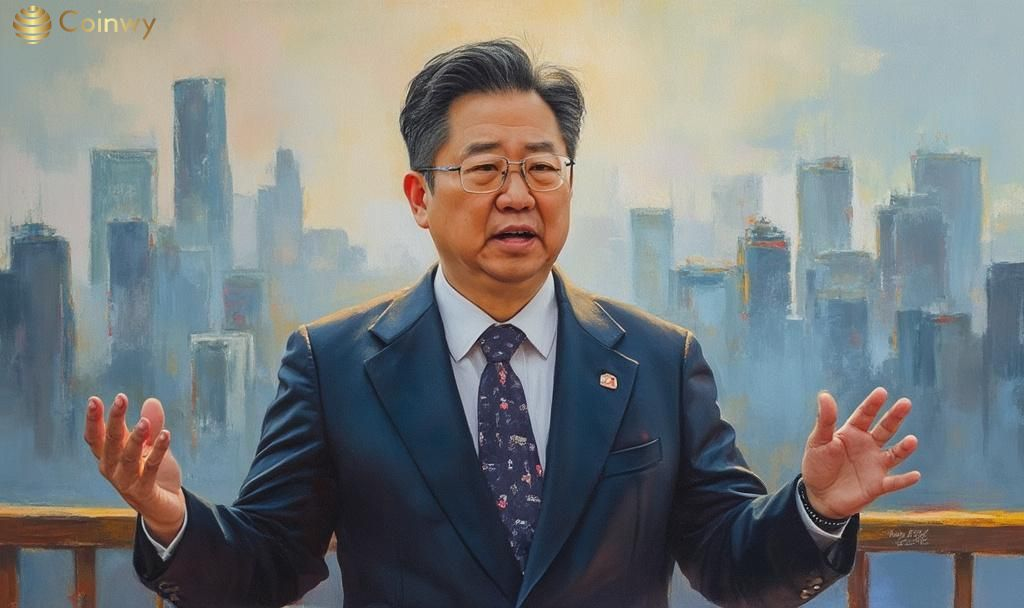- President Lee Jae-myung promotes crypto-friendly policies.
- Institutional investments in crypto anticipated.
- Potential for national stability and market growth.
Lee’s presidency signals a shift in South Korea’s crypto landscape, driving investor optimism despite ongoing legal uncertainties.
In recent developments, Lee Jae-myung, a liberal politician and former mayor, has been elected President of South Korea. Known for a pro-crypto stance, his administration pledges to integrate digital assets into the nation’s financial structure. His inauguration hints at including crypto within a broader digital infrastructure initiative, setting a precedent in South Korea’s crypto integration efforts.
“Subtle references to AI and emerging technologies in my inauguration speech reflect a commitment to digital infrastructure—crypto may fall under this broader umbrella.” – Lee Jae-myung, President of South Korea
Lee’s administration plans to legalize Bitcoin ETFs and enable the $884 billion National Pension Fund to invest in digital assets. The Financial Services Commission (FSC) will oversee regulatory changes, supporting innovation in the sector. These measures aim to drive institutional interest and provide financial legitimacy to digital currencies, potentially boosting the local economy.
The investment environment is expected to transform with legal access to ETFs, underpinning Bitcoin and Ethereum growth. Lee’s policies, however, are preceded by legal scrutiny, which may affect policy execution and market stability. Supporters express optimism, noting potential regulatory clarity and market accessibility enhancements.
South Korea’s decision reflects historical caution contrasted with broad adoption strategies. Previous administrations limited crypto access, yet under Lee’s leadership, the market could see increased institutional allocations and legitimacy. This shift may lead to stronger regulatory frameworks and efficient digital asset management.
The potential launch of a KRW-backed stablecoin further demonstrates South Korea’s commitment to integrating digital finance, aligning with G20 economic policies. If executed, this would mark South Korea as a pioneer in fiat-backed digital currency innovations, setting stages for increased crypto adoption and market stability in the region.






